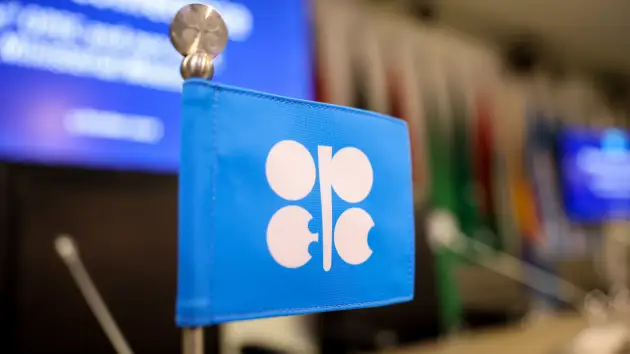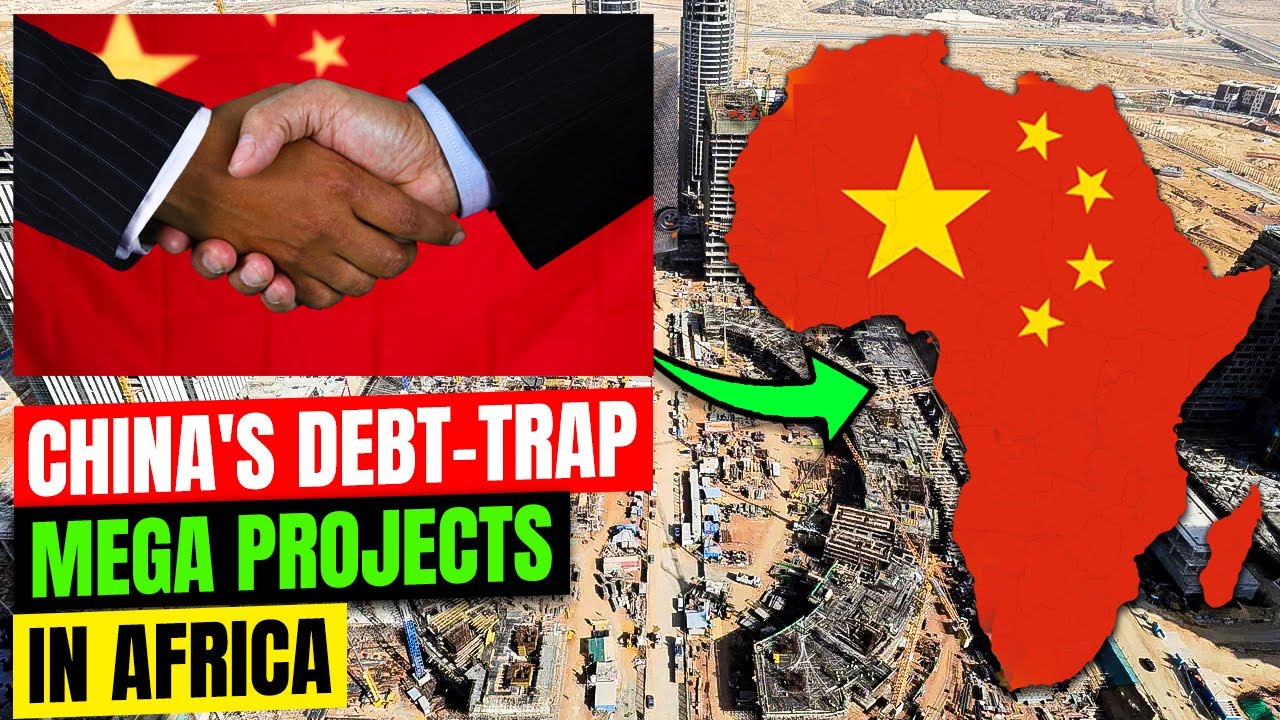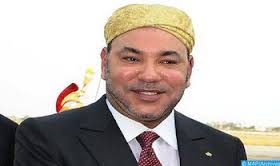Delegates at the biggest oil conference in Africa have expressed concern about rising prices after the Organization of Petroleum Exporting Countries (OPEC), plus non-members who also export oil, decided earlier this week to cut production targets.
The majority of the oil cartel’s 13 member states are in Africa, but many countries on the continent have to import refined oil. “I believe it’s the right thing they did in order to save the industry,” Omar Farouk Ibrahim, Secretary-General of the African Petroleum Producers Organization, said at the Africa Oil Week conference in Cape Town. “I totally think that every country has the responsibility to protect the interests of its citizens. And if by reducing production they see that as in their best interest, so be it.” But Rashid Ali Abdallah, Executive Director of the African Energy Commission, said it was too early to tell what the impact of the planned cuts would be. “I hope that the price is not shooting up, because in Africa we depend on oil products in power generation,” Abdallah said.
Angola and Nigeria are two of the biggest oil producers in Africa, and both are OPEC members. Natacha Massano, Vice President of Angola’s National Agency for Petroleum, Gas and Biofuels, said she wasn’t sure how the announcement would affect her country. “Some countries will be affected more than the others,” Massano said. “Some are benefiting — of course, the producers may benefit from the high prices, but at the same time they are paying also for all other commodities.”
Although Saudi Arabia, OPEC’s biggest producer, has denied colluding with Russia on the production target cut, the move was clearly “a big win for Russia,“ according to Herman Wang, Managing Editor of Vienna-based OPEC and Middle East News.



